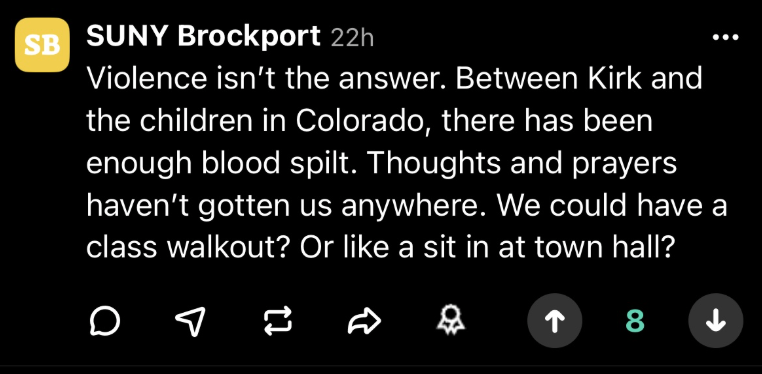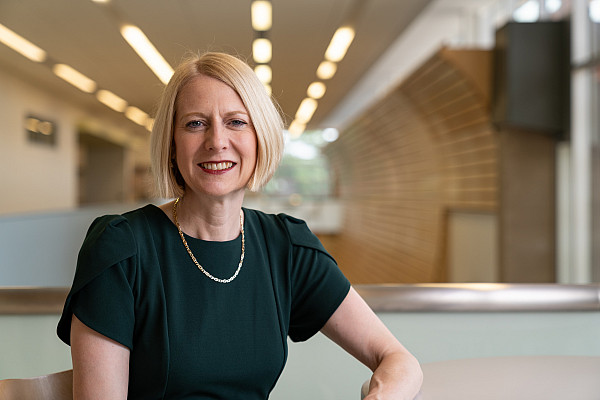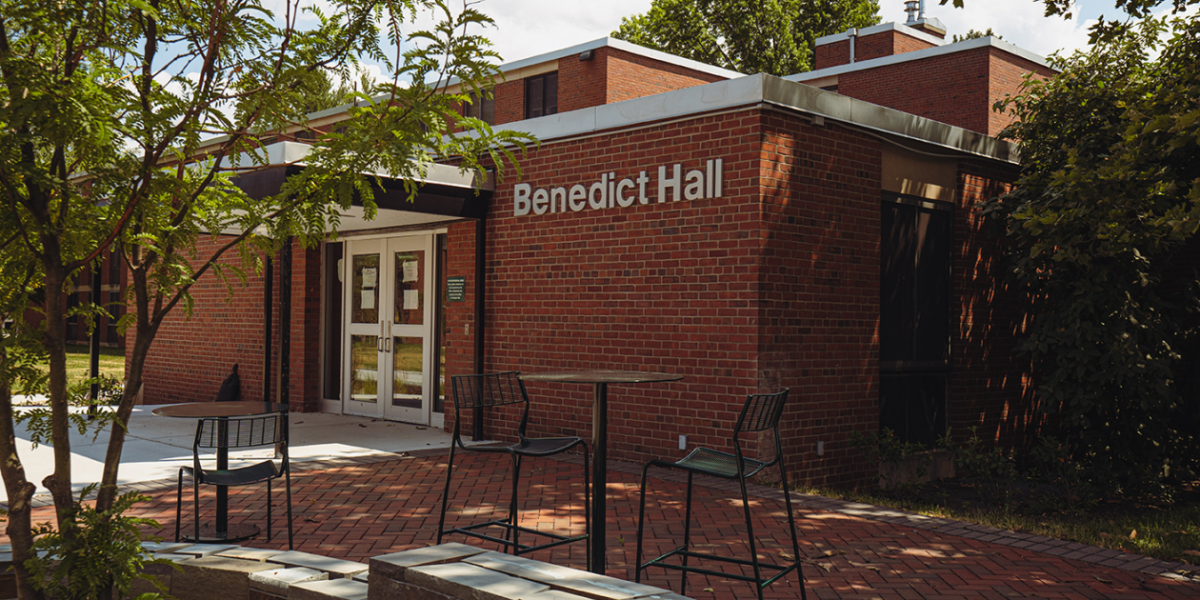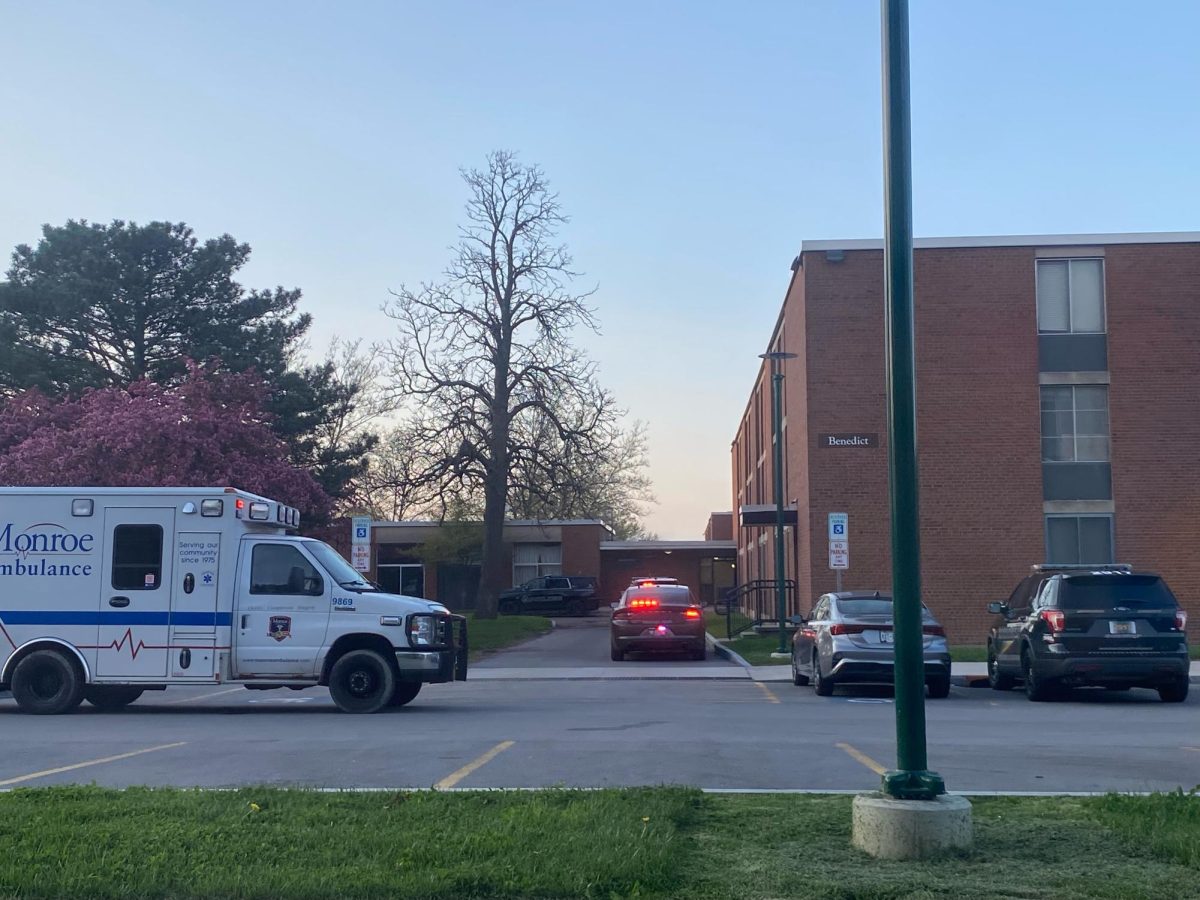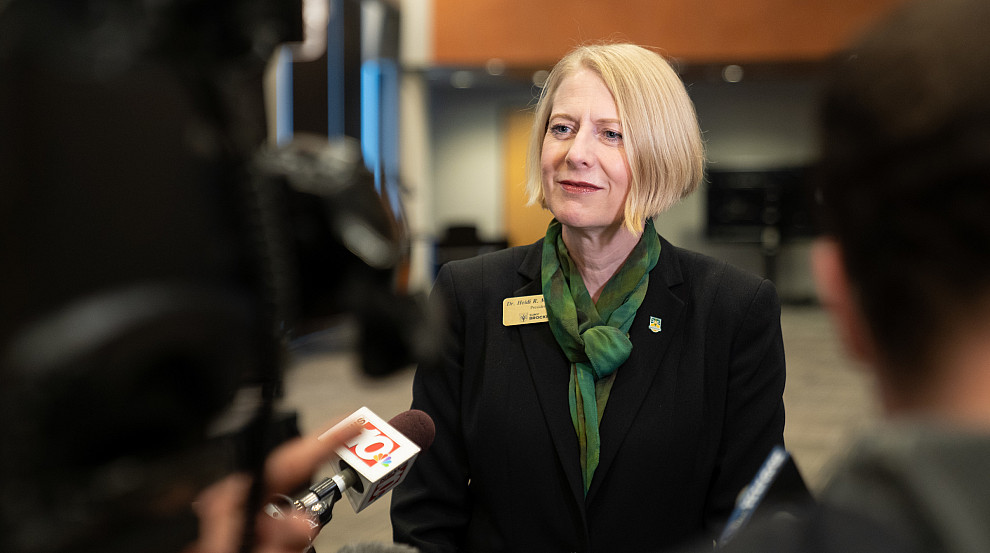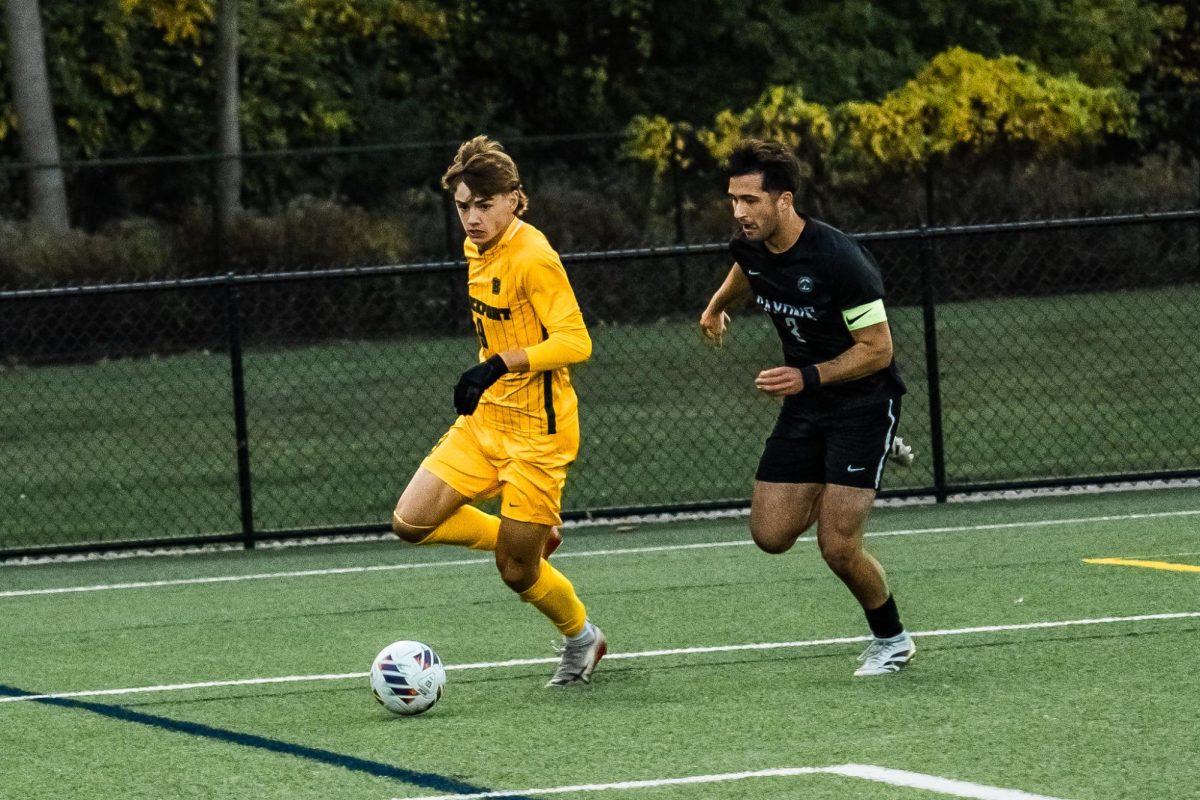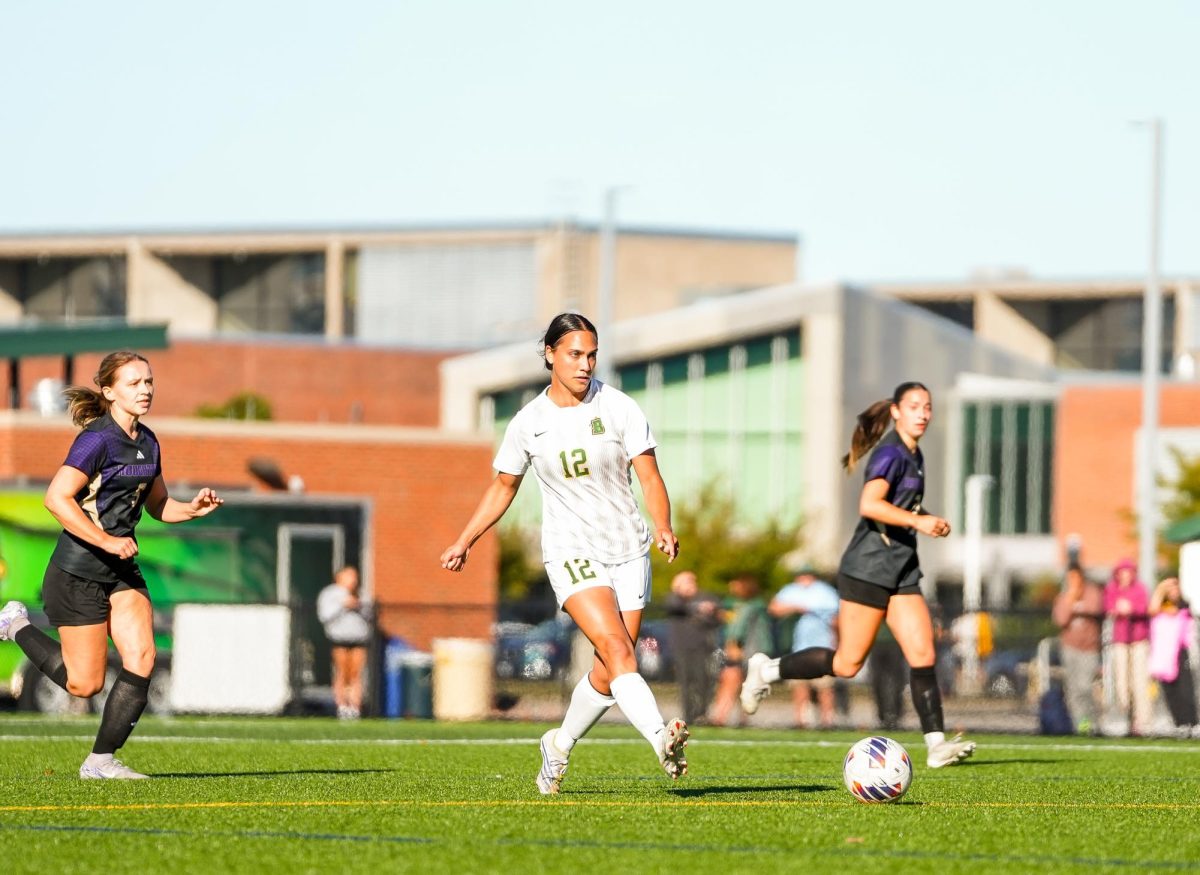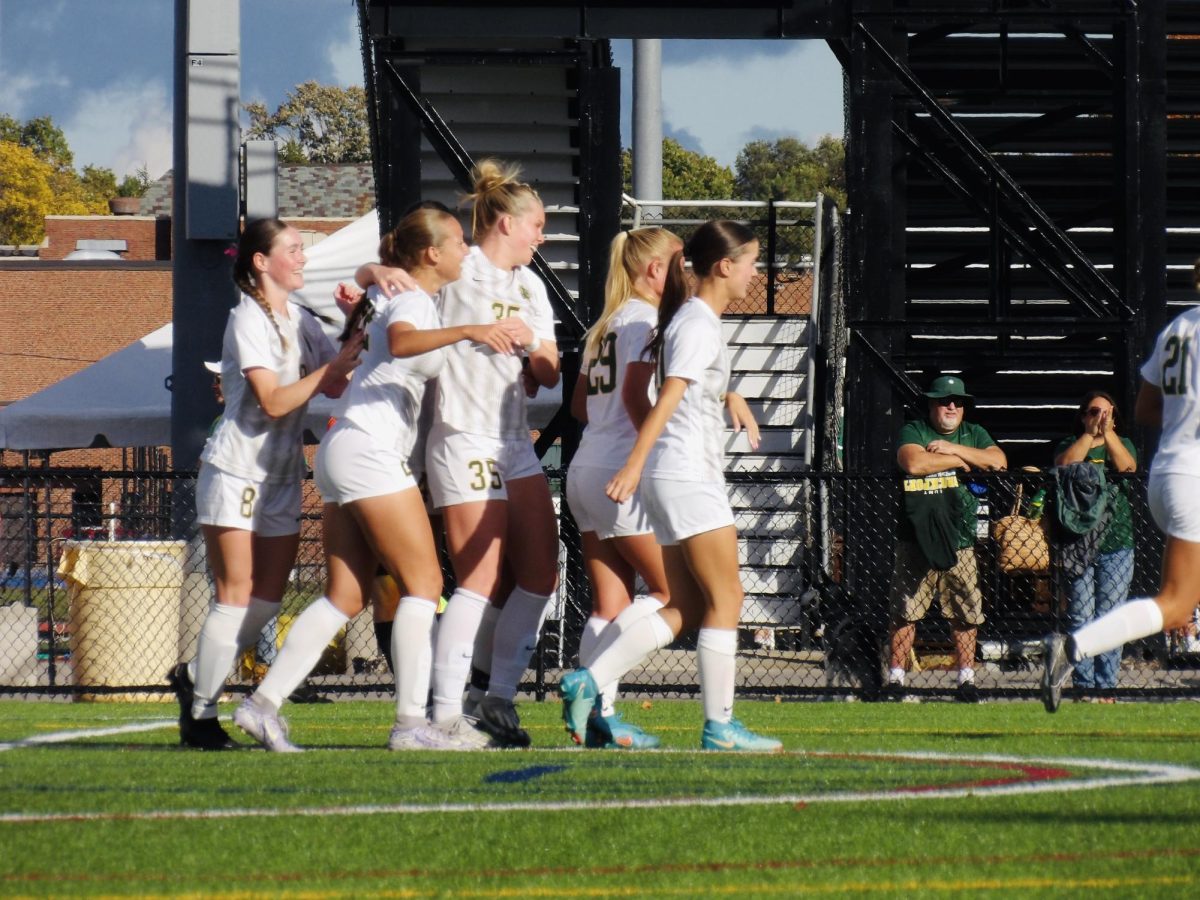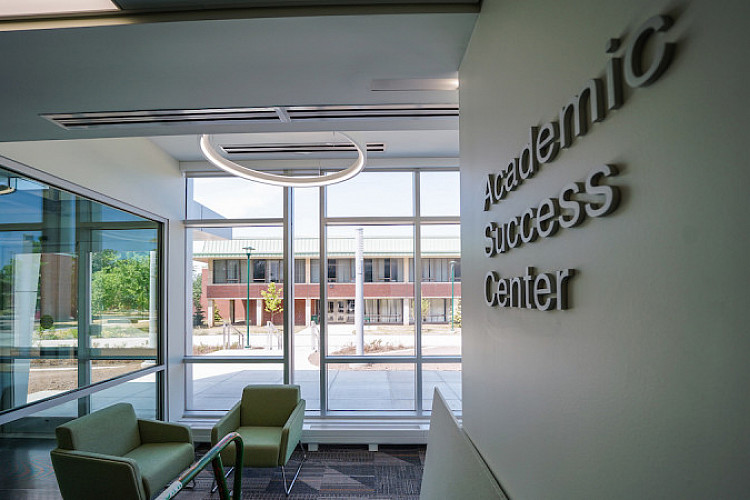On August 30, over one hundred tutors received an email from the Academic Success Center detailing a drastic change: tutoring would no longer be offered for class levels 300 and up.
This left many tutors dismayed, confused and angry. The decision, made by Provost Dr. Martin Abraham, has since been rectified, keeping tutoring for all classes that had previously been offered through the Academic Success Center (ASC). This is due to the outcry from tutors like psychology major Anita Licata.
Licata is a Content Tutor for psychology classes through the ASC, and her frustration with the decision stems from her first-hand experience with tutoring these 300+ level classes within her department.
“I tutor for Intro Psychology and I tutor for a handful of 300 levels. For the students who are coming to me for help in their 100 and 200 level courses, I see that the issues they are having are with how they’re studying. They need study help,” Licata said. “The students who come for the 300 level courses are struggling with the content and need someone else to explain it to them.”
This distinction between studying strategies and content assistance is extremely important to note when considering Dr. Abraham’s proposed solution to cutting the tutoring for these classes. The ASC will continue to offer tutoring for the 300+ level classes they have previously offered, but this excludes the possibility of any new courses that students may request. Academic Support Assistant Dan Merkle explained what the decision really means for the future of the ASC.
“So, in certain areas we’ll have a different process going forward as to how we’re able to find support for our students that request a certain course. Anything that is 300 level or higher, we will be having a conversation directly with the departments themselves,” Merkle said.
So, does this mean any class not currently offered through tutoring will be shut out? Merkle says not necessarily.
“I don’t want any student to view this as we’re, you know, cutting anybody off directly. We’re more so reallocating focus and efforts and giving other avenues for support. I would encourage students to continue filling out requests like they usually do, and certainly, come to us for assistance,” Merkle clarifies.
Tutors, however, are still unsure about how effective this reallocation will be for the long term academic wellness of the students they see regularly.
“There are still people who are not going to go to office hours because they would rather have that face time with a student. So when they come to me and say, ‘Hey, I’m really just not getting this,’ I can spend the whole hour session on a singular concept,” Licata explained.
Nursing major and Content Tutor Kate Channels is also skeptical of the decision. Tutoring for nursing classes is likely to stay consistent through these changes due to the rigorous nature of the program, but the idea in general left a bad taste in Channels’ mouth.
“I understand the idea is to use the departments for the future, but that will cause little to no regulation in tutoring for those departments, which could cause either no available tutors, or tutors who don’t have the correct orientation and training that the ASC provides,” Channels said.
It can be assumed that these concerns will be worked out going forward before any set direction is decided, and that departments will step in when it comes to reviewing and tutoring, but there are still concerns about priorities.
“I’m not confident that all departments at Brockport will have tutoring at the top of their priority list, which wouldn’t happen if tutoring just continued through the ASC entirely,” Channels said.
Other tutors are unsure that they are getting the whole truth of the situation from the administration. The amendment to include previously covered upper division classes, according to Licata, seemed to come from a place of appeasement.
“My reaction was that he still wants to get rid of tutoring for 300 level courses. But, because of the immediate backlash, he’s not doing it for this semester and still plans to do it next semester,” Licata said. “I think the backlash didn’t change his mind on tutoring as a whole. It changed his mind for this semester because he went about it the wrong way. So whether that is true or not, I don’t know.”
While the administration is always looking for ways to support students academically and provide multiple avenues for success, the future of ASC tutoring (now referred to as the Learning Assistance Center) remains uncertain. ASC staff and administrators weigh these decisions for the whole student body, hoping to finalize and implement their plans before the end of the semester.

